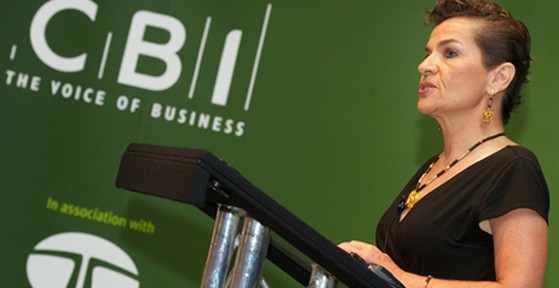The CBI has carried out in-depth interviews with over 70 of its members for a new report, Solving a Taxing Puzzle: Making environmental taxes work for business, and found that firms believe environmental taxes can help stimulate business investment, drive private sector growth and reduce the environmental impact of business activity.
The use of environmental taxation has been steadily increasing since the mid-1990s, from just four taxes in 1989, to 12 in place today, raising £43.4bn in 2010/11. This represents almost 8% of total tax revenue.
The CBI’s research shows some individual taxes have been successful – both Landfill Tax and Vehicle Excise Duty are well regarded. But others, particularly Air Passenger Duty (APD) and the Carbon Reduction Commitment (CRC), are viewed much more negatively.
The survey makes clear that businesses have become disillusioned with the current environmental tax landscape, believing the combination of taxes do not work well together, are unnecessarily complex and are a drag on business competitiveness.
Ian McCafferty, CBI Chief Economic Adviser, said: “With the number of environmental taxes on the increase and proving to be a major revenue raiser for Government, it’s essential that we take stock of the successes and failures from a business perspective.
“Well-designed, environmental taxes can be a useful tool to help firms improve their environmental performance and unlock significant business investment. However, poorly planned environmental taxes have damaged businesses and made the UK tax system less attractive to would-be investors.”
Business needs a more strategic environmental tax framework
This report confirms that although environmental taxes are playing an increasingly prominent revenue-raising role, the existing policy landscape prevents their full potential being realised. Businesses need a more strategic framework with an effective coordinated approach across Government.
To achieve this, the CBI is calling for an urgent review of all environmental taxes by an independent body, like the Committee on Climate Change or the Office for Tax Simplification.
In the long-term, the CBI recommends that the Government takes a more joined-up and strategic approach to its environmental taxation policies, and recognises six fundamental business guidelines for any new or changed environmental tax:
– To have a clear purpose and definition;
– To take strategic fit into account;
– To be designed with simplicity at their core;
– To offer comprehensive communication and advice;
– To provide certainty to businesses;
– To ensure a strong, ongoing justification.
In its report, the CBI also makes specific practical recommendations as to how each guideline should be implemented.
Rhian Kelly, CBI Director for Business Environment policy, said: “The current uncoordinated approach to environmental taxes is not working for business. An independent review of environmental taxes has become an urgent priority. With a more joined-up approach, environmental taxes could provide certainty for businesses, unlock investment, and reduce the impact on the environment without damaging UK competitiveness.”
The research also shows that the most poorly regarded tax is the CRC, which is not working to encourage business energy efficiency. It has become an overcomplicated revenue-raising instrument, which is simply being written off as a cost of doing business in the UK.
In its response to DECC’s Consultation on a Simplified CRC Energy Efficiency Scheme, the CBI reiterates its call for the Government to scrap the CRC and implement mandatory carbon reporting.


